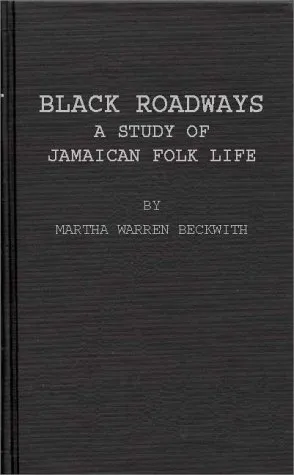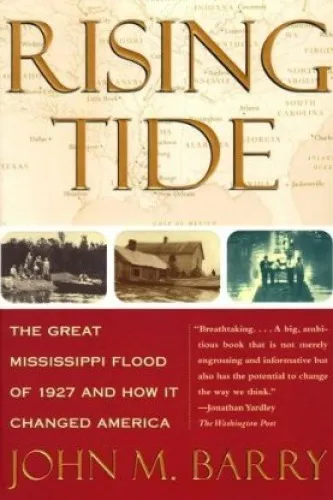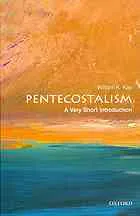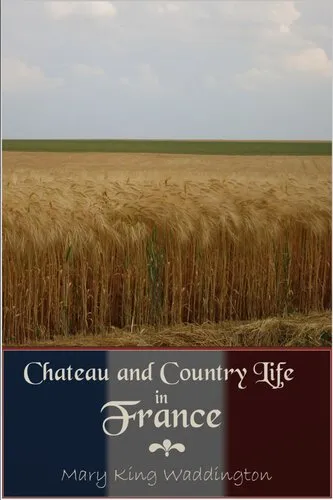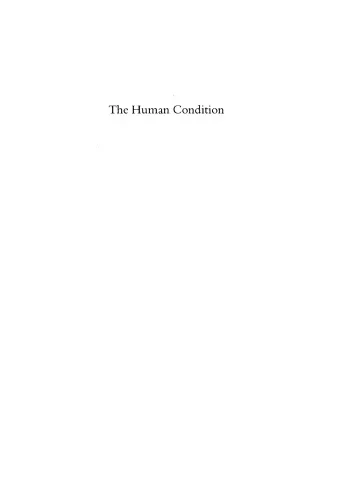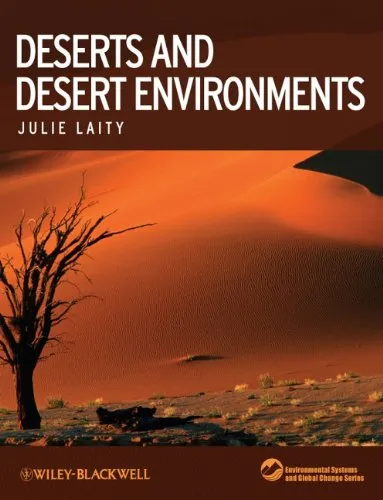The Yearbook of Polar Law Online
4.3
Reviews from our users

You Can Ask your questions from this book's AI after Login
Each download or ask from book AI costs 2 points. To earn more free points, please visit the Points Guide Page and complete some valuable actions.Related Refrences:
Analytical Summary
The volume of The Yearbook of Polar Law Onlinepp.415—474 constitutes a specialized segment in the wider discourse of polar law, exploring issues that encompass governance, environmental stewardship, indigenous rights, and the complex interplay of international treaties governing the Arctic and Antarctic regions.
This section of the Yearbook delivers in-depth scholarly analysis that bridges legal theory with pressing environmental and geopolitical realities. It builds a narrative on how polar regions, being both ecologically fragile and strategically significant, demand governance systems that are nuanced, cooperative, and responsive to rapid environmental shifts.
Information on the exact publication year for this specific online segment is unavailable due to the absence of a reliable public source, but its thematic relevance remains current owing to the ongoing evolution of international polar law.
Academic rigor characterizes every chapter, offering comprehensive legal case studies, discussions on treaty obligations, and insights into how climate change accelerates the need for adaptable legal instruments in polar governance.
Key Takeaways
Readers can expect a rich curation of ideas, legal frameworks, and policy implications, making this book an essential reference for practitioners, scholars, and policymakers invested in polar law.
The text demonstrates the delicate balance between sovereign rights and shared responsibilities in polar territories, underscoring the importance of collaborative governance.
It illuminates the intertwinement of international maritime law with environmental protection, highlighting case studies from both Arctic and Antarctic jurisdictions.
Through detailed examination, the book reveals how indigenous communities’ rights are interlaced with environmental sustainability and geopolitical interests in the polar regions.
The scope is global, yet it maintains precise engagement with regional legal instruments that shape the unique legal landscapes of the Earth’s poles.
Memorable Quotes
“The governance of polar regions is a litmus test for global cooperation and environmental integrity.”Unknown
“Law in the Arctic and Antarctic must be as adaptive as the ice is dynamic.”Unknown
“The polar commons demand a blend of legal precision and ecological humility.”Unknown
Why This Book Matters
In an era where climate change and geopolitical competition increasingly frame the discourse about Earth’s poles, The Yearbook of Polar Law Onlinepp.415—474 stands out by offering evidence-based, legally grounded insights.
Its content resonates with legal scholars, environmental policymakers, and international relations experts seeking to interpret treaty provisions and governance models in light of both old and emerging challenges.
By bridging legal scholarship with policy application, it serves as a valuable touchstone for discussions on how to integrate environmental imperatives with human and national interests in the polar regions.
Inspiring Conclusion
As readers traverse the breadth of legal reasoning, case studies, and policy analysis in The Yearbook of Polar Law Onlinepp.415—474, they are invited to engage deeply with the complexities and urgencies shaping polar regions today.
The intertwined challenges of climate adaptation, indigenous rights, and transnational governance demand readers not only absorb the knowledge presented but also bring it into forums of discussion, policy drafting, and academic exploration.
For academics, seasoned practitioners, and emerging professionals, the next step is clear—study these legal materials carefully, share insights with peers, and join the ongoing global conversation about the stewardship of our planet’s most fragile frontiers.
Free Direct Download
You Can Download this book after Login
Accessing books through legal platforms and public libraries not only supports the rights of authors and publishers but also contributes to the sustainability of reading culture. Before downloading, please take a moment to consider these options.
Find this book on other platforms:
WorldCat helps you find books in libraries worldwide.
See ratings, reviews, and discussions on Goodreads.
Find and buy rare or used books on AbeBooks.


